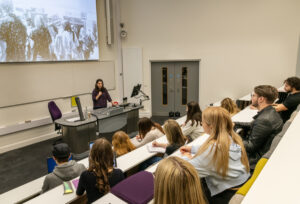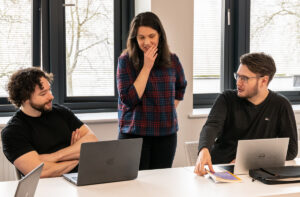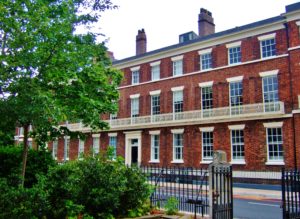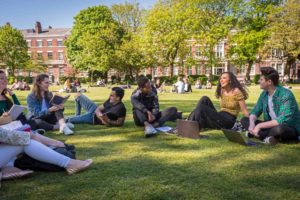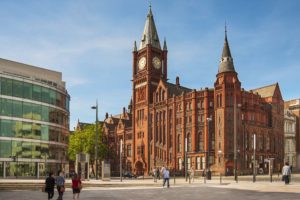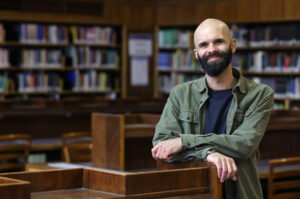How you'll learn
Teaching is delivered through a combination of seminars and workshops held on campus. Depending on which module options are taken, there may be lectures and separate seminar sessions scheduled.
Class sizes for master’s programmes in the Department of Philosophy tend to be small, and a typical class in Philosophy will include between 8-10 students.
How you're assessed
You will mainly be assessed by a combination of formative and summative coursework. This will take a number of different forms, including essays, essay plans, research proposals, a reflective journal and a dissertation.
In addition, you will be assessed by presentations in certain modules. Other assessment formats may apply also depending on the options modules taken.
Liverpool Hallmarks
We have a distinctive approach to education, the Liverpool Curriculum Framework, which focuses on research-connected teaching, active learning, and authentic assessment to ensure our students graduate as digitally fluent and confident global citizens.
The Liverpool Curriculum framework sets out our distinctive approach to education. Our teaching staff support our students to develop academic knowledge, skills, and understanding alongside our graduate attributes:
- Digital fluency
- Confidence
- Global citizenship
Our curriculum is characterised by the three Liverpool Hallmarks:
- Research-connected teaching
- Active learning
- Authentic assessment
All this is underpinned by our core value of inclusivity and commitment to providing a curriculum that is accessible to all students.
